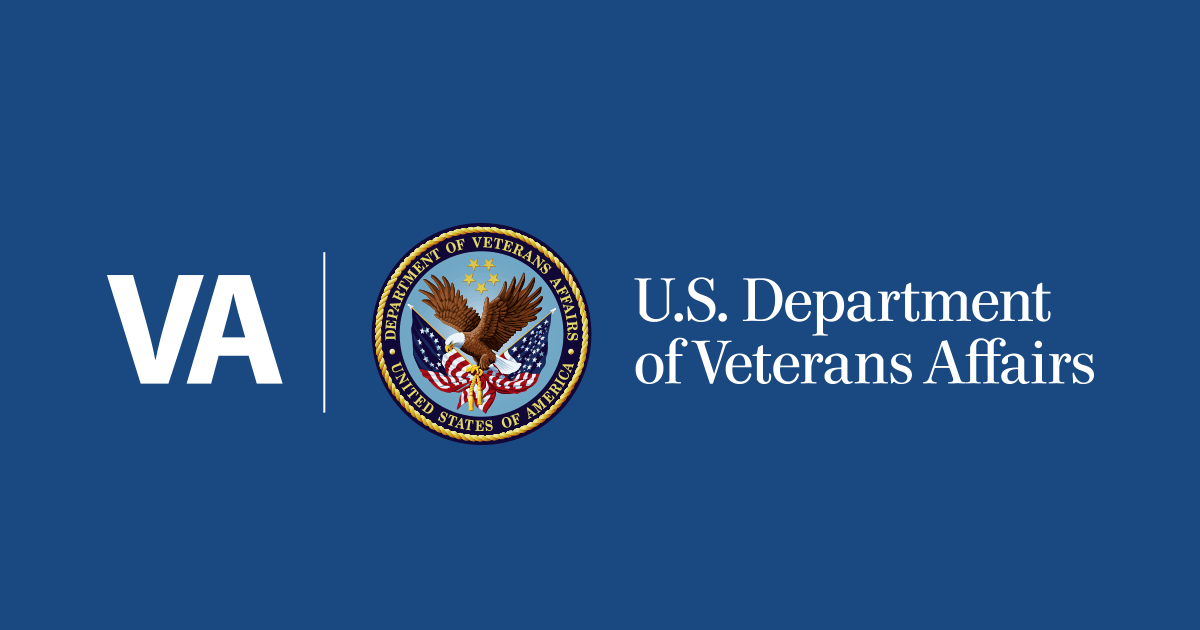You will probably get a better response in the ROTC forum, especially from our resident PNS
@GWU PNS
I’ll give you some general thoughts.
The majority of newly commissioned line officers out of all commissioning sources do not go directly to graduate school after commissioning. They get on with getting professionally trained and qualified in their warfare specialty, as they are the replacement generation for that year’s accession cohort of O-1s to serve the needs of the Navy and Marine Corps and manpower staffing goals. A body in grad school is not contributing to the operation of a Navy ship or getting trained in the nuclear pipeline to fulfill operational submarine manpower needs two years later.
Officers are expected to get their post-graduate degrees, though, and there are numerous options during and after sea duty/operational tours. There is full-time graduate school duty at the Naval Postgraduate School or other military colleges. There are full-time opportunities at civilian institutions. There is Tuition Assistance to help pay for remote or after-hours on-site grad school. Some sample research.
The Naval Postgraduate School provides defense-focused graduate education, including classified studies and interdisciplinary research, to advance the operational effectiveness, technological leadership and warfighting advantage of the Naval service.

www.nps.edu

www.military.com
Be aware any time you get a degree using Navy time or Navy dime, you will owe additional obligated service. This ADSO may run concurrently with your initial ADSO or may be consecutive, starting after you complete your initial ADSO.
You can also fund your own study after hours and not incur ADSO.
If you do the required years of service to qualify, you will earn the generous Post 9/11 GI Bill educational benefit from the VA after you separate.
The Post-9/11 GI Bill (PGIB), or Chapter 33, helps you pay for school or cover expenses while you’re training for a job. If you’ve served on active duty after September 10, 2001, you may qualify for the Post-9/11 GI Bill. Find out if you can get this education benefit.

www.va.gov
All that said, very small handfuls of newly commissioned Navy ensigns are allowed to go to medical school or grad school. Very small. Rhodes Scholars, sure. As always, it will depend on the needs of the Navy or Marine Corps. If your warm body is needed to meet operational staffing requirements, that will outweigh your personal desire to continue as a student.
If you are a NROTC midshipman, you have a chain of command, your primary official source, which is where you should start your research.
One thing you do have control over is your own performance. Be that academically and physically sat-plus midshipman, the top performer, the proactive volunteer for the thankless jobs, the hard charger, the generous shipmate, the one with the positive, mature attitude, flawless conduct and military bearing. Then you have a shot at getting the PNS’ endorsement for any requests for applications to immediate graduate school programs.
There is also no mad rush. Think of it this way. The earlier you get your Master’s, the older and less fresh it will be when you eventually separate, than if you got it a few years later. You also likely have another 70-80 years on the planet. There is time.
Be open to the journey - you may get excited by warfare specialty paths, and be ready to leap out of the ivory tower and get on with earning your warfare qualifications in the far corners of the world. Get out to sea and work hard at being a leader, then enjoy rolling ashore and, say, going to Georgetown, as a USNA sponsor family alumni just did, wrapping up a restful but challenging 2 years getting a prestigious Master’s from Georgetown after some arduous sea duty after graduating from USNA. They said the majority of students in their class either had a few years of work or other experience and were not fresh out of college, including several other AD service academy grads but not new grads.
Do the research. Be open to all opportunities.

